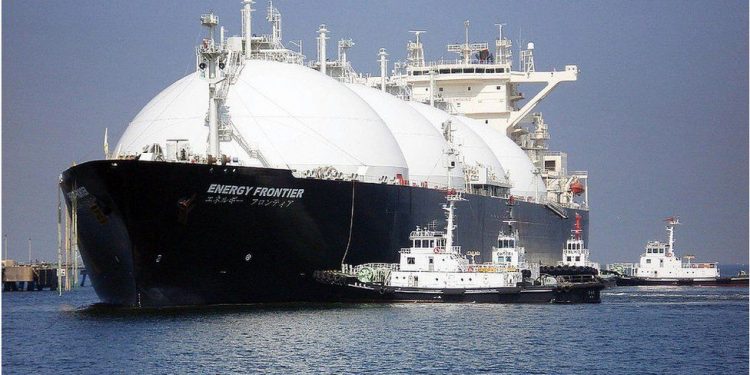The Federal Government of Nigeria has reaffirmed its commitment to relying on gas as a significant component of the country’s energy mix until the year 2030. This statement was made by Gbenga Komolafe, the Chief Executive Officer of the Nigerian Upstream Petroleum Regulatory Commission, during the recent Society for Petroleum Engineers Nigeria Council 2023 conference held in Lagos.
Despite the government’s dedication to achieving the United Nations’ zero emission goals by 2060, Nigeria intends to continue harnessing its abundant gas resources for the development of local communities. To achieve this objective, the government is focusing on key projects such as the Nigerian Liquefied Natural Gas Limited’s Train 7, the Nigeria-Morocco pipeline project, and the Ajaokuta gas pipeline projects.
Mele Kyari, representing the Group Chief Executive Officer of the Nigerian National Petroleum Company Ltd, emphasized that Nigeria is not shifting away from fossil fuels entirely. The primary target is to significantly increase the country’s gas reserves, aiming to grow from the current 209.5 trillion cubic feet to an impressive 600 trillion cubic feet in the near future.
While Nigeria acknowledges the global call for cleaner energy sources, the focus remains on maximizing the potential of gas resources to support sustainable development and meet the nation’s energy demands. The government anticipates that cleaner energy sources will gain prominence alongside the continued dominance of fossil fuels in the country’s energy landscape.















